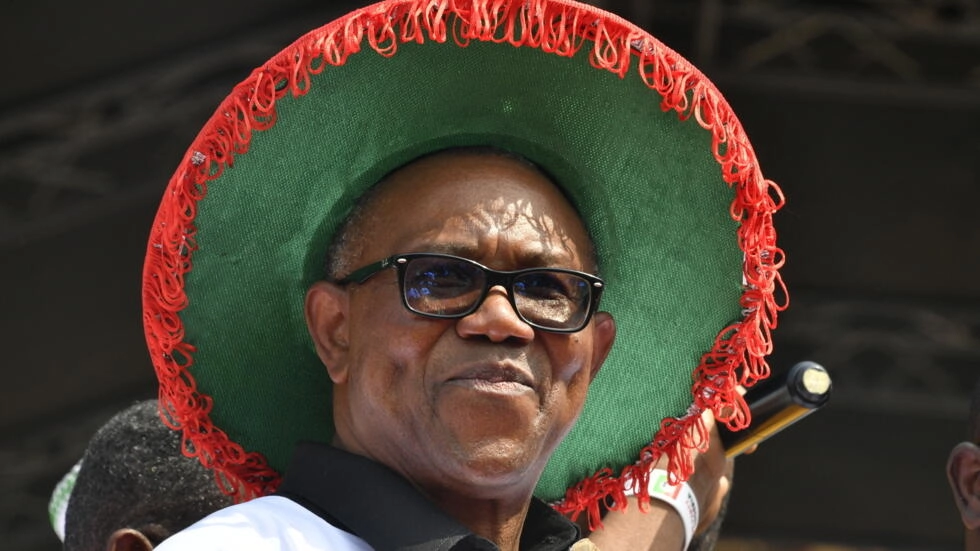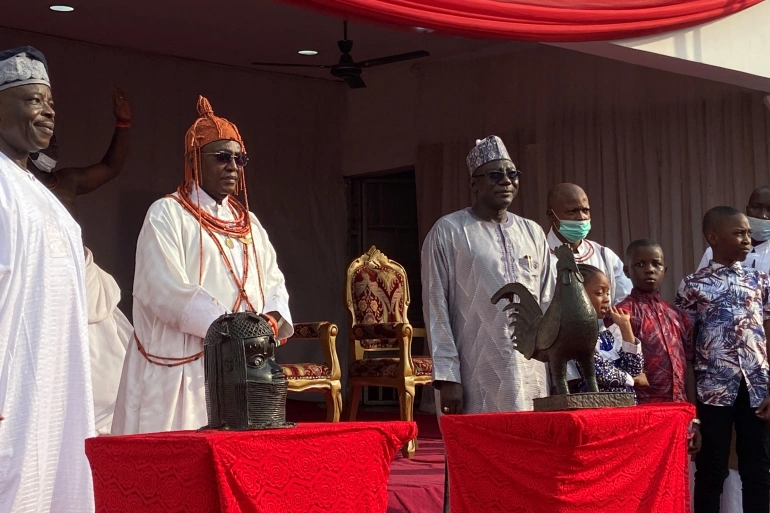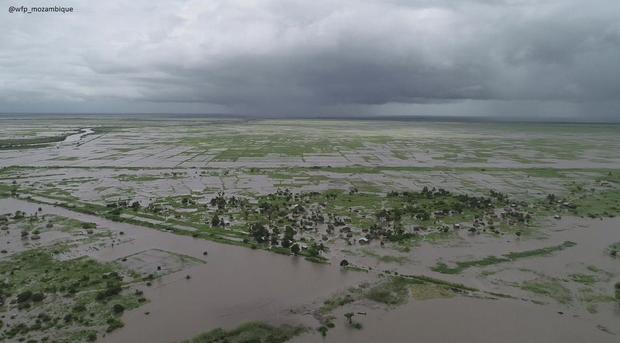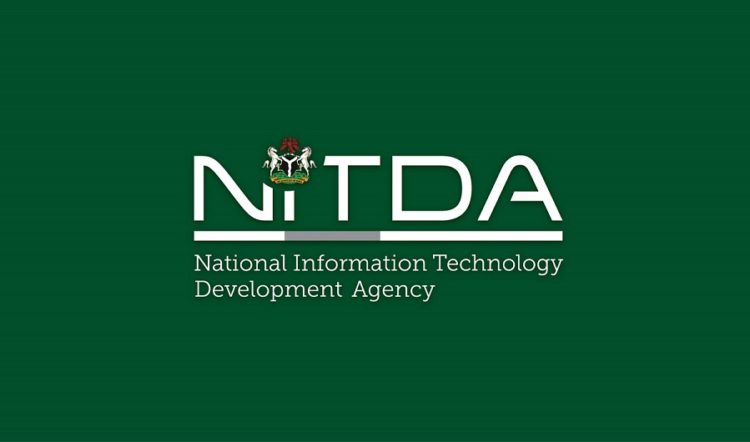With elections in Nigeria are just days away, the country’s politics might be on the verge of total upheaval with Peter Obi, a wealthy businessman, leading most election polls and threatening to reshape the established political order.
The more established candidates Atiku Abubakar of the Peoples’ Democratic Party, and Bola Tinubu of the All Progressives Congress, must be watching the spectacular rise of Peter Obi, of the tiny Labor Party, with a great concern. Obi is leading most polls in the campaign for Nigeria’s presidential election on February 25. As a third presidential candidate, he is disrupting what has in recent years been a two-horse race, threatening to shake up the country’s politics, hitherto dominated by two major parties since the end of military rule in 1999. With speeches hailed as fresh and unifying – but criticized as populist by his detractors – the 61-year-old businessman has caught the attention of Nigeria’s young population, 60% of whom are under the age of 25. As Nigeria endures an economic slump and a troubled security situation, Obi’s supporters see him as an antidote to a political class they accuse of corruption and bad governance.
Yet, despite strong polling figures, experts say Obi is still facing many challenges. “In reality, a lot of the young people who’ve created all that social media buzz live abroad and can’t vote in Nigeria,” said Dele Babalola, a Nigeria expert at Canterbury Christ Church University in Kent, who added that “as for polls, the numbers aren’t as reliable in Africa as they are in Europe.” Another factor is the classic phenomenon of young voters’ poor turnout, with just 33% going to the polls in the 2019 presidential elections. Lastly, analysts doubt Obi can transcend the issues of ethnicity, religion and regional identity, all of which tend to be crucial factors in Nigerian voters’ choices, especially in the predominantly Muslim north.



